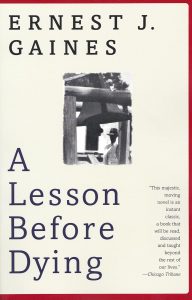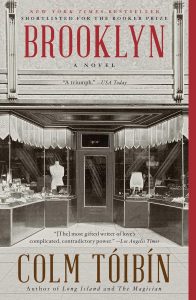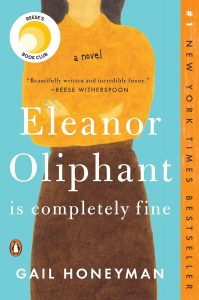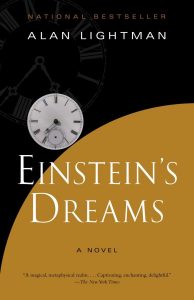Some years ago, as my reading appetites changed, my consideration of books as a prix fixe meal slid into the notion that books can be consumed a la carte. After all, if you love the steak au poivre and the pommes frites, there should be no obligation to suffer the beet verrine.

Embracing such an approach elevates your chances of enjoying The Librarianist, an intriguing and often moving story of a retired librarian who, after living a sedentary, solitary life defined more by what he read than what he did, volunteers at a center for the elderly and finds himself awash in deep currents of humanity. He also finds the answer to a lifelong mystery.
As a boy, Bob Comet sought comfort from youthful complications in books, which led him to the library, which led him to being a librarian, a job he held for a half-century. A contented man, he needed little else, so he was delighted when love and friendship came his way, and equally devastated when they left him. This part of the story, complete from beginning to end and interwoven with Bob’s later, self-revelatory time at the elder center, is beautifully told and written, at once respectful of Bob’s contentment with simplicity and, when others regard him, wryly astonished by it.
For example, in a conversation about schadenfreude, Bob confesses to Linus, a gregarious resident of the center who channels the Jack Nicholson character in “One Flew Over the Cuckoo’s Nest,” that “I’ve made love to one woman in my life.” Linus “shut his eyes, and he became so still, as though he’d suddenly succumbed to slumber. After a while he stirred, opened his eyes to slits, and asked, softly, ‘What’s the German word for pity, scorn, and awe happening all at the same time.’”
Suddenly, though, about two-hundred-fifty pages in, deWitt sends an 11-year-old Bob on a run-a-way sojourn. As the boy bounces here and there and back again, I couldn’t keep up, so I started flipping forward, skipping about fifty pages of beets, so to speak, and arriving at a denouement that is both surprising yet comfortingly expected. Happily, the book ends exactly where it should.
So, there is it – a truly wonderful 300-page book about aging and love and humanity and heartbreak wrapped, somewhat unfortunately, in a 350-page carton. If you don’t mind skipping a course or two, it’s a great meal.

















